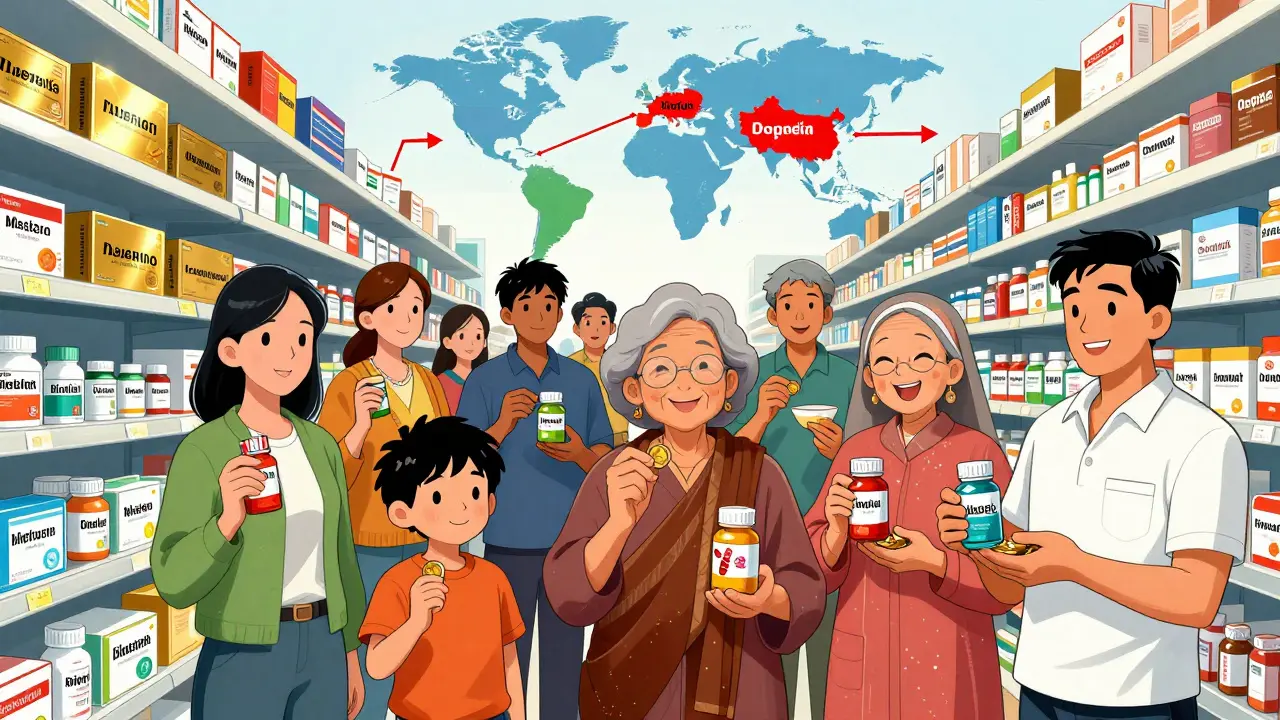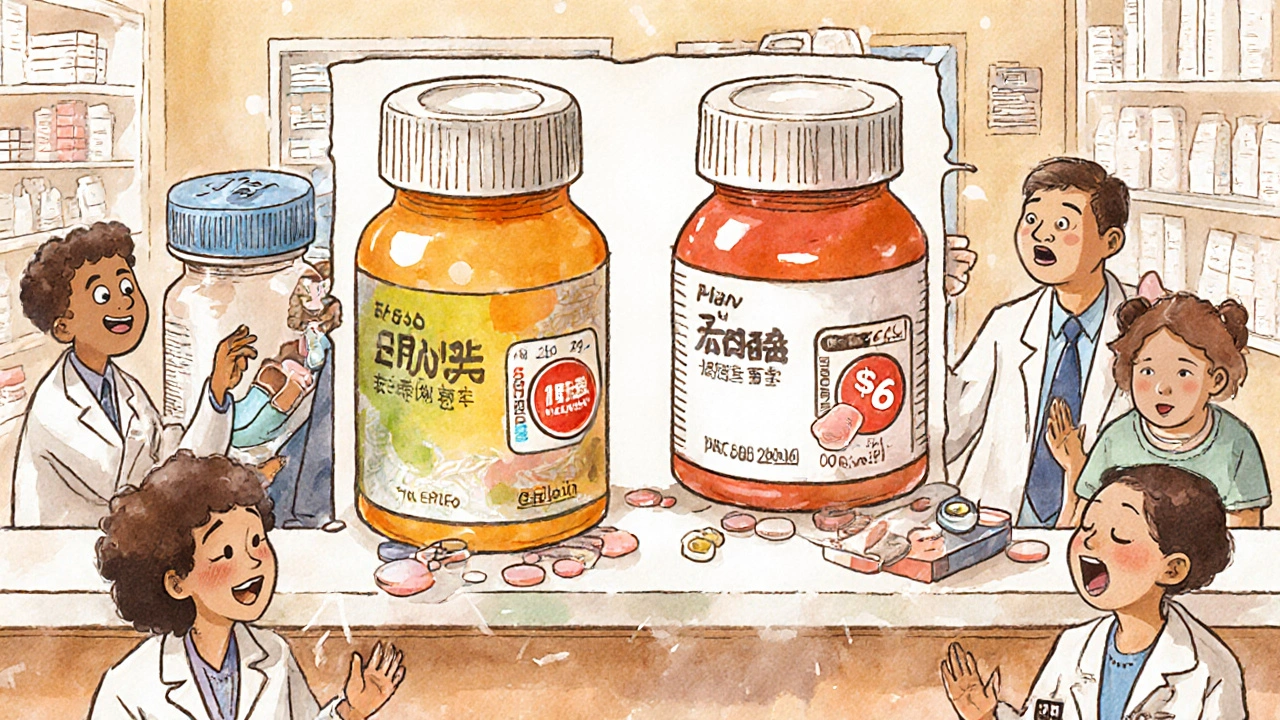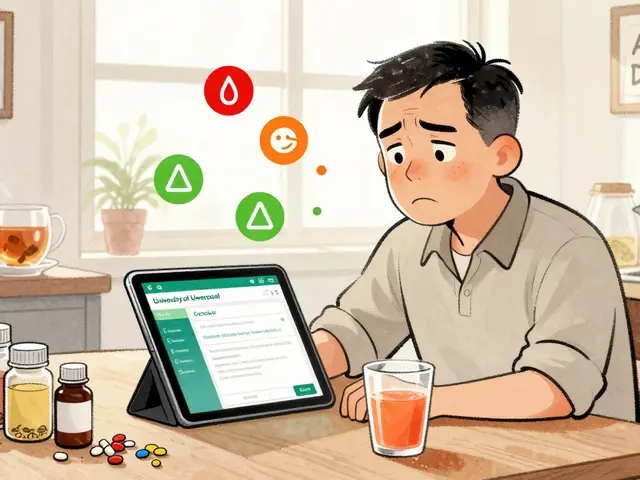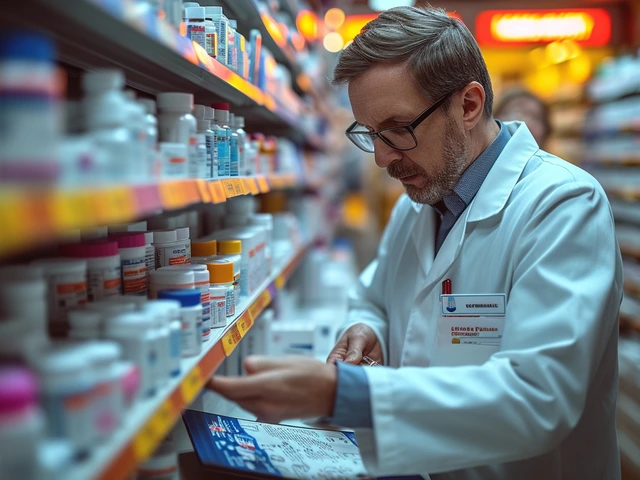Generic Medications: What They Are, Why They Matter, and What You Need to Know
When you hear generic medications, lower-cost versions of brand-name drugs that contain the same active ingredients, dosages, and intended uses. Also known as generic drugs, they are a backbone of affordable healthcare worldwide. Many people assume generics are just cheaper copies—but they’re not. They’re required by law to work the same way, in the same amount of time, and with the same safety profile as the original. The only differences? The shape, color, or inactive ingredients—and the price, which can be 80% lower.
But here’s the catch: just because a drug is generic doesn’t mean it’s easy to get. generic drug availability, the timing and access to generic versions after a brand-name patent expires is often delayed by legal tricks, patent thickets, and slow FDA approvals. Some drugs sit on shelves for years after their patent ends, while manufacturers fight over who gets to make the first generic. This isn’t just a paperwork issue—it affects real people who can’t afford the brand version. And when generics finally arrive, they’re not always safe. counterfeit medications, fake pills made in unregulated labs and sold as real generics are flooding markets globally. From fake Ozempic to poisoned antibiotics, these fakes look identical but can kill. The FDA and EU have cracked down, but the problem keeps growing.
Then there’s the rise of generic specialty drugs, complex medications like biologics and injectables that used to be too expensive to copy. These are changing how chronic conditions like cancer, MS, and rheumatoid arthritis are treated. Specialty pharmacies now handle these drugs with care—tracking dosing, managing side effects, and making sure patients get the real thing. But access varies wildly. In the EU, digital prescriptions let you buy a generic drug in Germany and pick it up in Poland. In the U.S., you might wait months just to get insurance approval.
What you’ll find in this collection isn’t theory—it’s real stories. Why does it take five years for a generic to appear after a patent expires? How do you tell if your metformin is real or fake? Which generic blood pressure pills actually work as well as the brand? You’ll see how St. John’s Wort can ruin your birth control, how Lamivudine dosing changes for kids, and why a simple cream during pregnancy needs a second look. These aren’t abstract topics—they’re daily decisions that affect your health, your wallet, and your safety.
Whether you’re paying out of pocket, managing a chronic condition, or just trying to avoid a dangerous interaction, understanding generic medications means understanding your power. You don’t have to accept high prices or hidden risks. The information below gives you the facts to ask the right questions, spot red flags, and choose wisely.

How Generics Shape Global Healthcare Spending and Economic Equity
Generics make up the majority of prescriptions worldwide and are critical to controlling soaring healthcare costs. They keep medicines affordable in both rich and poor countries, but access and quality vary widely. Without them, global health systems would collapse under the weight of drug prices.
Detail
Why Generic Medications Cost Less for Patients and Insurers
Generic medications cost far less than brand-name drugs because they don’t need expensive clinical trials. They’re just as effective, and with smart shopping, patients can save hundreds a year.
Detail




